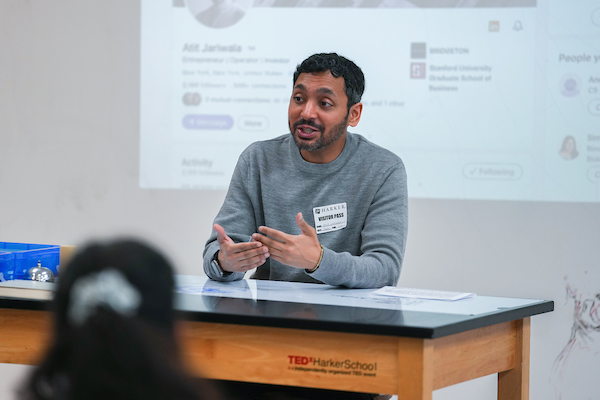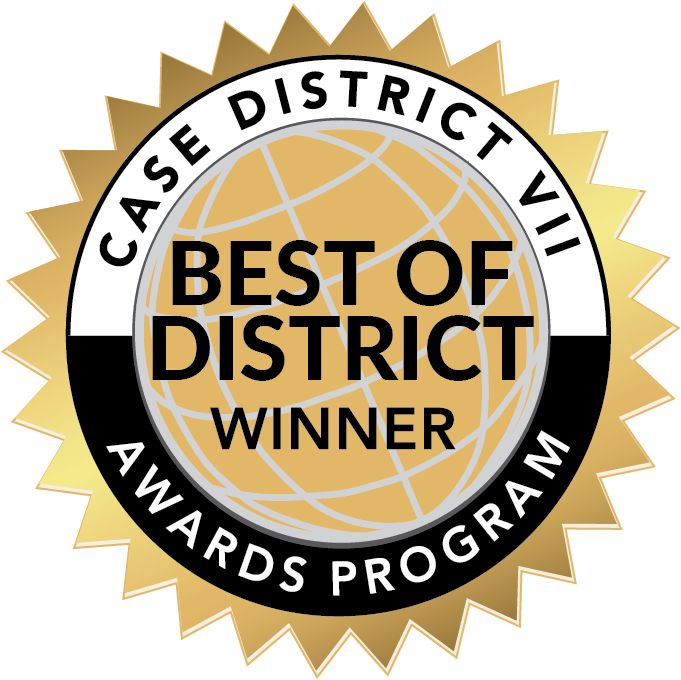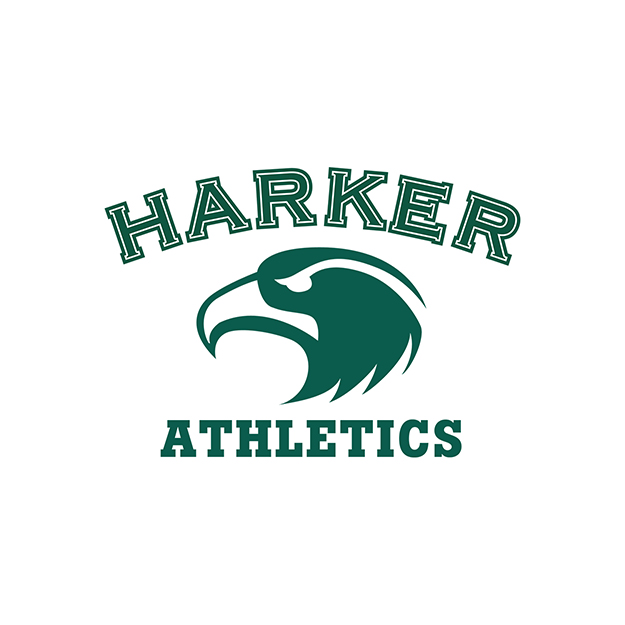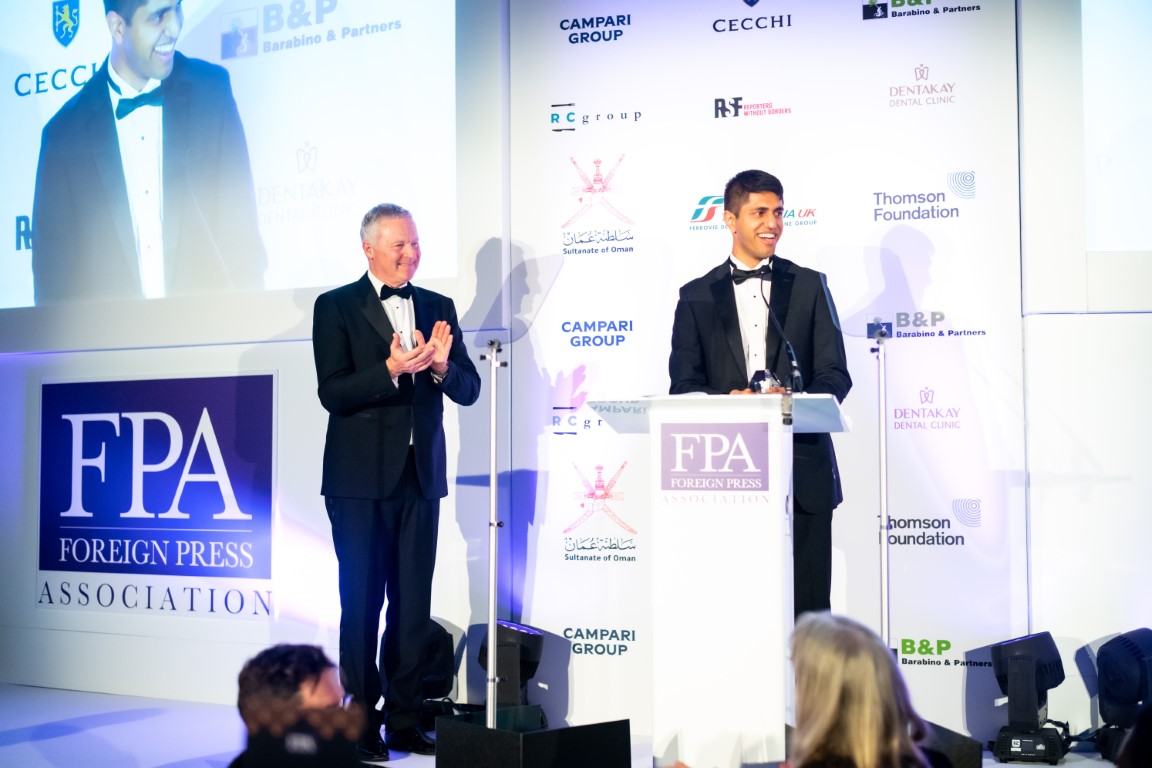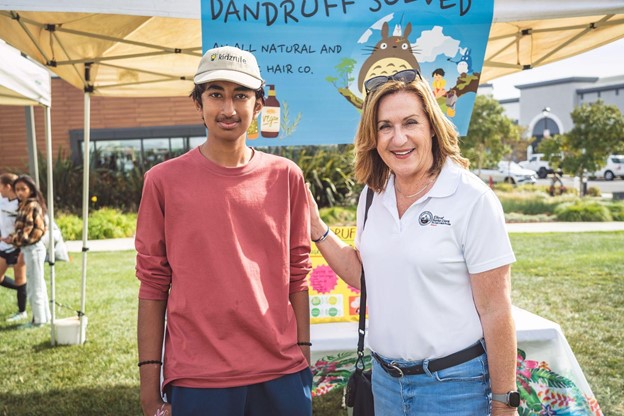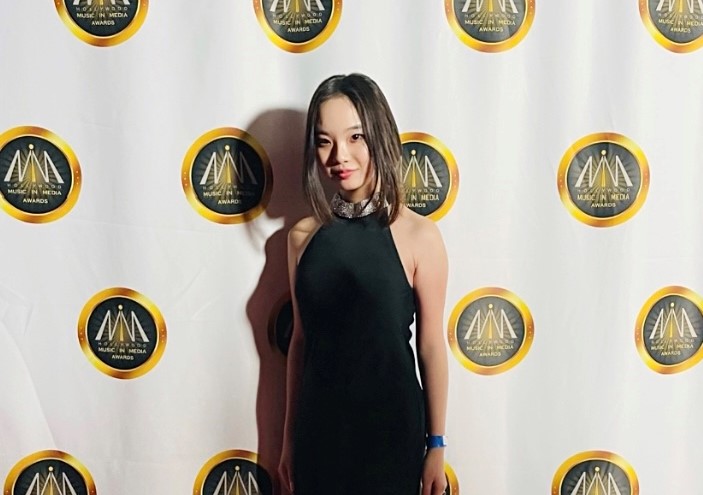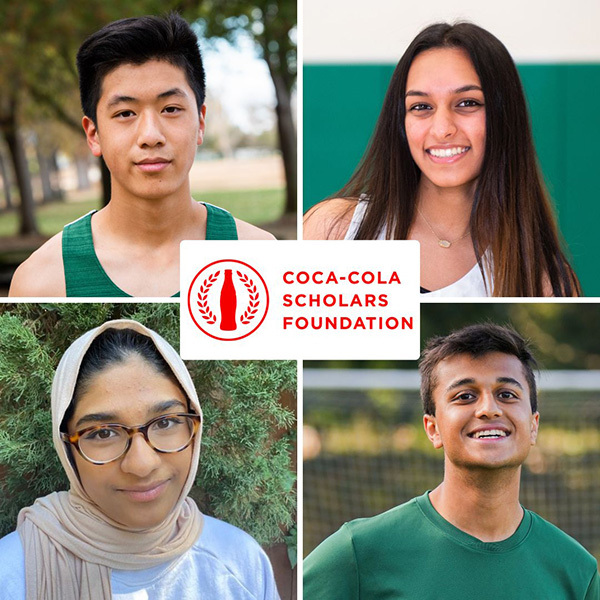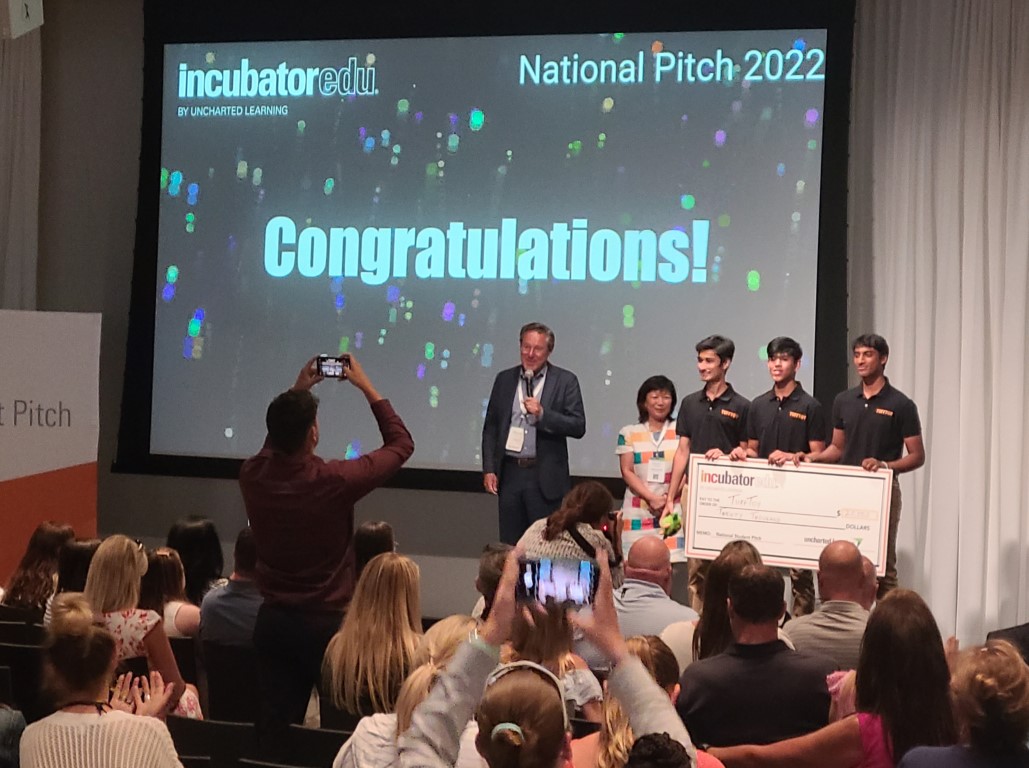On Wednesday, Harker’s CareerConnect club hosted an event with entrepreneur and venture capitalist Atit Jariwala.
alumni-express
Office of Communication video series wins CASE Best of District VII award
Harker’s Office of Communication (OOC) recently received a Best of District VII award from the Council for Advancement & Support of Education (CASE).
Math Club wins Math Madness championship
The Harker Math Club, coached by upper school math teacher Anu Aiyer, has just won the fall 2022 high school Math Madness championship.
Eagle Update: Boys basketball success continues, girls soccer off to strong start
Bajaj ’20 wins Foreign Press Association Science Story of the Year
Bajaj’s award for his story in the Guardian made him the youngest awardee in FPA history.
Ninth grader organizes fourth Santa Clara Children’s Business Fair
100 young entrepreneurs gave pitches at the Santa Clara Children’s Business Fair
Three students, teacher honored in Bow Seat Ocean Awareness Contest
Three Harker eighth graders were named honorees in the Bow Seat Ocean Awareness Contest’s junior division.
Junior Shayla He nominated for Hollywood Music in Media Award
Junior Shayla He was nominated for a Hollywood Music in Media Award (HMMA) in the Original Recording category.
Four seniors named Coca-Cola Scholar semifinalists
Harker seniors Annmaria Antony, Brian Chen, Krish Maniar and Sarah Fatima Mohammed were recently named semifinalists in the 2022-23 Coca-Cola Scholars Program.
TuffToy founders win California DECA Business Pitch Challenge
ast week, TuffToy founders Rohan Gorti, Arin Jain and Zubin Khera, all grade 12, were named the winners of the California DECA Business Pitch Challenge.
